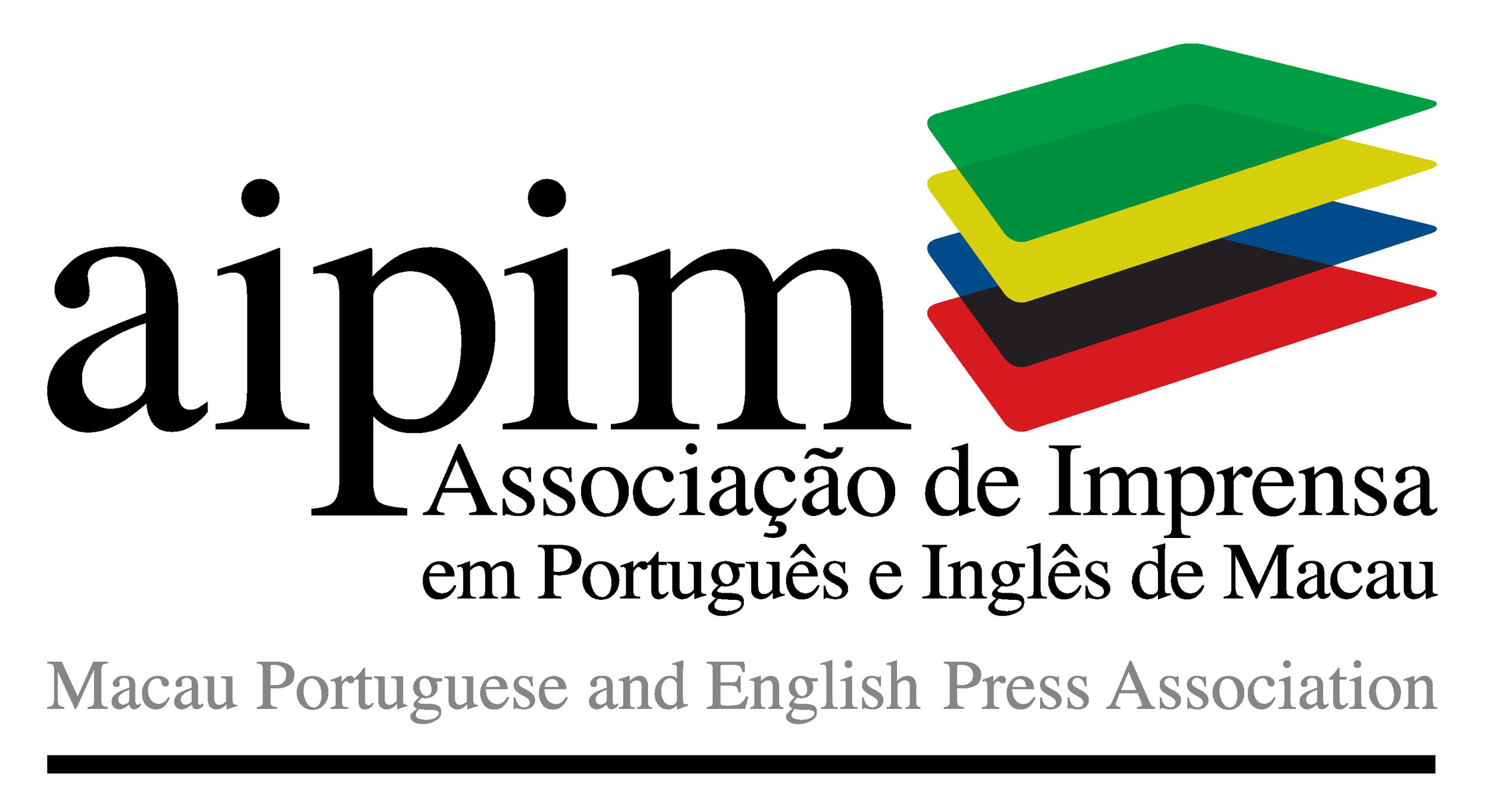JOURNALISTS' CODE OF ETHICS
1. A journalist has a duty to report facts with rigor and accuracy and to interpret them with honesty. The facts should be diligently checked, by approaching the parties with legitimate interest in the case. The difference between news and opinion should be clear to the public.
2. A journalist has to resist censorship and avoid sensationalism in the reporting of events. Accusations without proof and plagiarism shall also be considered as acts of serious professional misconduct.
3. A journalist has to resist threats or any other inducements to influence, distort or suppress access to information sources, and resist measures to restrict the right of freedom of expression and the right to inform. It is the obligation of a journalist to publicise the violations of such rights.
4. A journalist has to obtain information, images or documents by resorting to legal means, while avoiding abusing anyone's good faith. The identification of oneself as a journalist is a rule, the breaking of which is permissible only on the grounds of it being a matter of unquestionable public interest
5. A journalist has to carry responsibility for all his/her work and professional acts, and to correct the information proved to be false or inaccurate. A journalist has to refuse to perform acts/behaviours that violate his/her conscience.
6. Identification of the sources is an essential criterion for a journalist. A journalist must not reveal, not even in the court, his/her confidential sources, nor disrespect commitments made, except when he/she has been abused by being given false information. Opinions shall always be attributed – separated as such.
7. A journalist has to observe the presumption of innocence, deeming any person not-guilty until the pronouncement of his/her final and irrevocable sentence. A journalist must not disclose, directly or indirectly, the identity of victims of sexual crimes or juvenile criminals, nor must he/she cause or imply humiliation or sorrow in the persons in question.
8. A journalist must not treat people in a discriminatory way, irrespective of their nationality descent, race, sex, language, religion, political persuasion or ideological belief, educational level, economic status or social conditions.
9. A journalist has to respect the private lives of citizens, except in circumstances where it can objectively be demonstrated that there was an overriding public interest in the invasion of privacy, or when the behaviour of the person in question is objectively contradictory to the values that he/she publicly endorses. Before and after collecting footage and statements, the journalist is bound to take into account the equanimity, responsibility and freedom of the involved parties.
10. A journalist must not engage with or in requests, functions, and benefits that may compromise his/her professional integrity or independence. A journalist must not use his/her professional status to report news that result or are based in his/her personal benefit.

